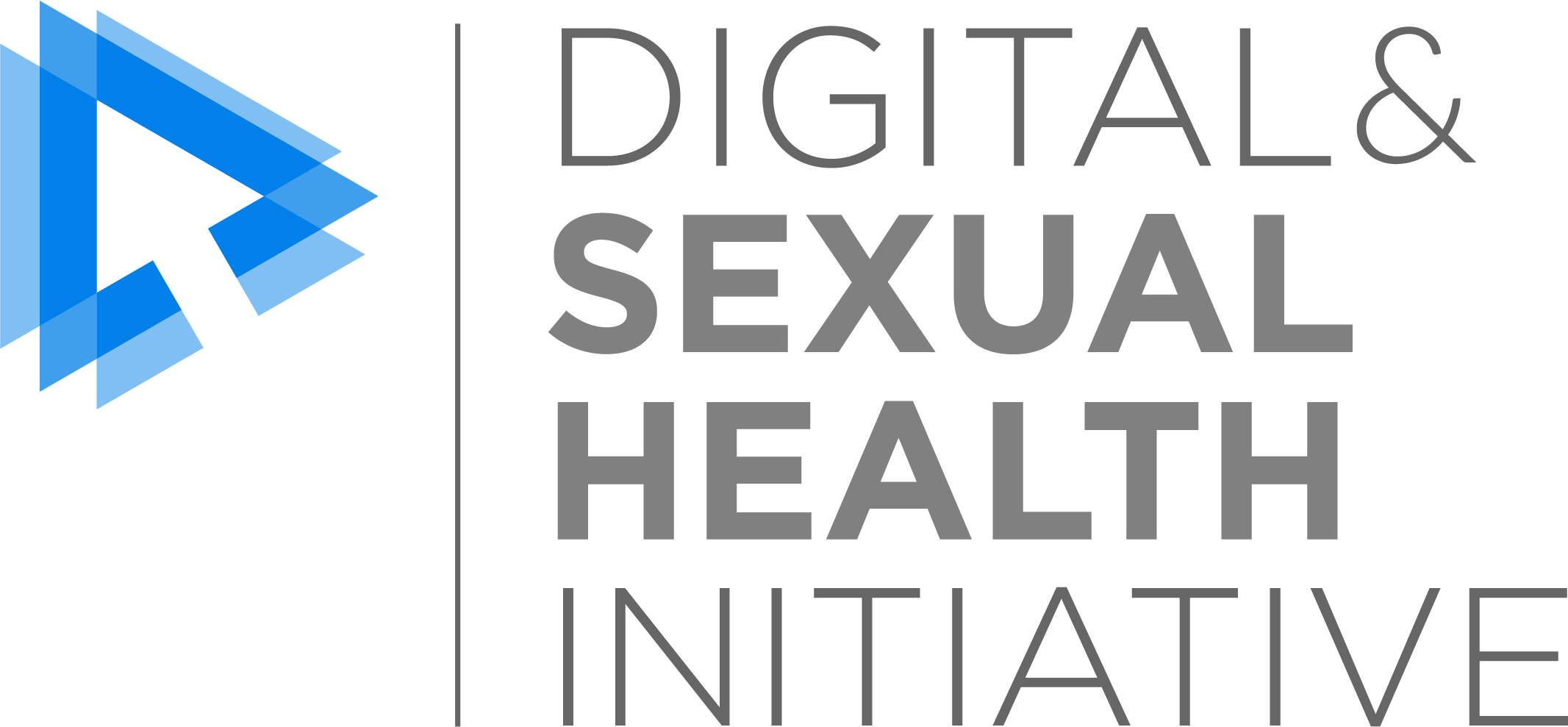What training and competencies are required for public health practitioners to support the digital transformation of public health? A rapid review
Research theme(s)
Digital Health
Ihoghosa Iyamu, Swathi Ramachandran, Hsiu-Ju Chang, Andre Kishniruk, Francisco Ibáñez-Carrasco, Catherine Worthington, Hugh Davies, Geoffrey McKee, Adalsteinn Brown, Mark Gilbert.
World Congress on Public Health 2022, May 2-6, 2023, Rome, Italy.
Additional resource: Table of digital public health competencies
Background: The COVID-19 pandemic highlighted the importance of digital technologies (DTs) in sustaining health systems especially in crises but emphasized gaps in the workforce’s capacity to deploy DTs, while upholding ethical, social justice and health equity principles. Current practice and competency frameworks have not adequately considered prominent roles DTs play in contemporary public health. Many public health training institutions have struggled to integrate DTs in their curricula. To support updates to Canadian public health curricula, we are conducting a rapid review to identify training and practice competency recommendations to enhance public health practitioners’ capacity to support the digital transformation of public health.
Methods: Following the World Health Organization’s (2017) guidelines for rapid reviews, we searched OVID Medline, OVID Embase, ERIC, and Web of Science for peer-reviewed articles using search terms related to public health, digital health, and training and practice competencies. We also searched Google scholar, public health agency and public health training associations’ websites. We included articles proffering training and practice competencies recommendations for DTs among population and public health practitioners, published in English between January 2010 and December 2022. We excluded articles exploring a solely medical perspective.
Results: Our search returned 2023 titles and abstracts out of which 12 studies were included in the review. We found recommendations for new competencies to enable public health practitioners appropriately utilize DTs that cut across all existing competency categories in Canada. Recommendations concerning a potentially new competency category related to data, data systems management and governance were also identified. Training approaches identified include combined public health and informatics and data science degree programs and certifications, and a practice-based learning in multi and interdisciplinary contexts.
Conclusion: This review is a first step in efforts to fill human resource capacity gaps related to DTs. Considering this review synthesizes training and practice competency recommendations worldwide, we will further conduct environmental scans and focus groups with Canadian public health practitioners and researchers to identify recommendations that can be integrated in the Canadian context.
